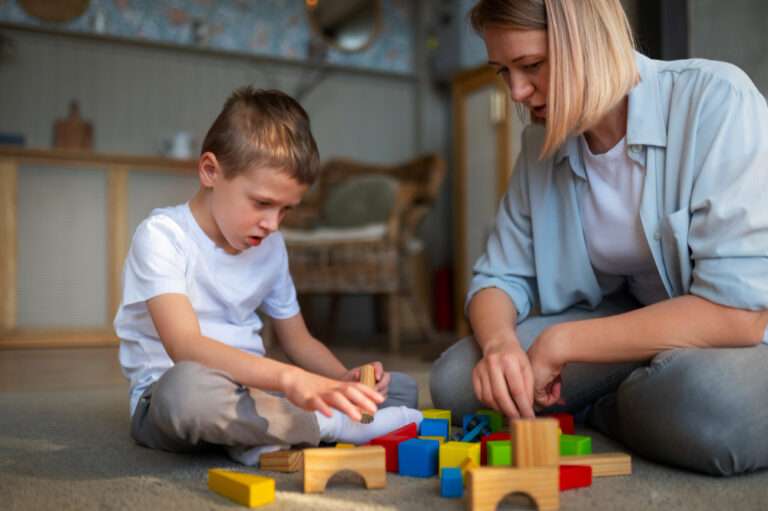Learning disabilities in children
Learning disabilities in children refer to a group of neurological disorders that affect a child’s ability to acquire, store, process, and recall information. These disabilities can impact various aspects of learning, including reading, writing, math, and communication skills. It’s important to note that learning disabilities are not indicative of a child’s intelligence; individuals with learning disabilities often have average or above-average intelligence. Here are some common types of learning disabilities in children:
- Dyslexia:
- Dyslexia is a learning disability that primarily affects reading and language processing. Children with dyslexia may have difficulty with phonemic awareness, decoding words, and spelling.
- Dyscalculia:
- Dyscalculia is a learning disability that affects mathematical skills. Children with dyscalculia may struggle with understanding mathematical concepts, performing arithmetic operations, and solving math problems.
- Dysgraphia:
- Dysgraphia is a learning disability that affects writing abilities. Children with dysgraphia may have poor handwriting, difficulty with letter formation, and challenges in expressing their thoughts in writing.
- Attention-Deficit/Hyperactivity Disorder (ADHD):
- ADHD is a neurodevelopmental disorder characterized by difficulties with attention, hyperactivity, and impulsivity. While not a specific learning disability, it often co-occurs with learning disabilities and can impact a child’s ability to focus and complete tasks.
- Auditory Processing Disorder (APD):
- APD affects the brain’s ability to process auditory information effectively. Children with APD may struggle with understanding spoken language, following instructions, and distinguishing between similar sounds.
- Language Processing Disorder (LPD):
- Nonverbal Learning Disabilities (NVLD):
Signs and Red Flags:
- Signs of learning disabilities can vary based on the type and severity of the disability. Common signs include:
- Difficulty with reading, writing, or math skills.
- Challenges in following instructions or staying organized.
- Slow or inaccurate completion of tasks.
- Frustration or avoidance of activities that require the affected skill.
- Poor academic performance despite effort.
Diagnosis and Support:
- Diagnosis typically involves a comprehensive assessment by educational psychologists, speech and language therapists, and other specialists.
- Once diagnosed, children with learning disabilities can benefit from individualized educational plans, accommodations, and targeted interventions to support their learning needs.
- Early intervention is crucial to help children develop strategies for compensating for their learning challenges.
Prognosis:
- While learning disabilities are lifelong conditions, individuals can learn to manage and overcome many of the challenges associated with them.
- With the right support and strategies, children with learning disabilities can achieve academic success and lead fulfilling lives.
Parental involvement, open communication with educators and specialists, and a supportive learning environment are key factors in helping children with learning disabilities thrive and reach their full potential.
------------From our Sponsors------------









